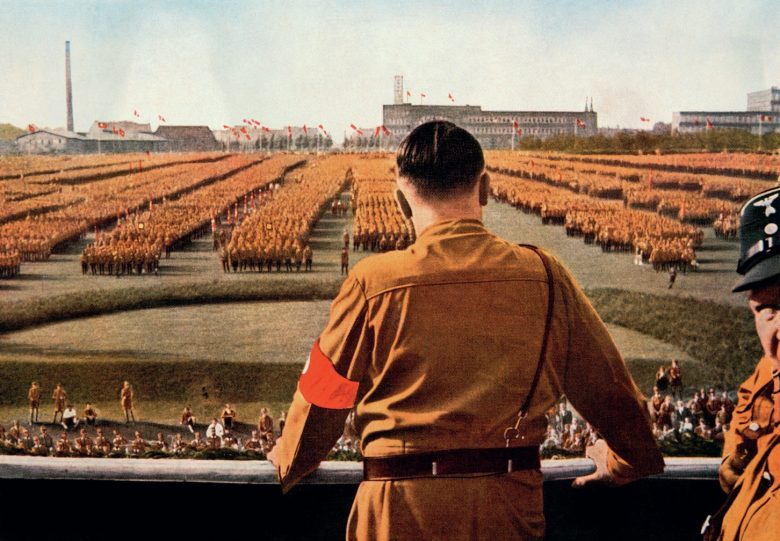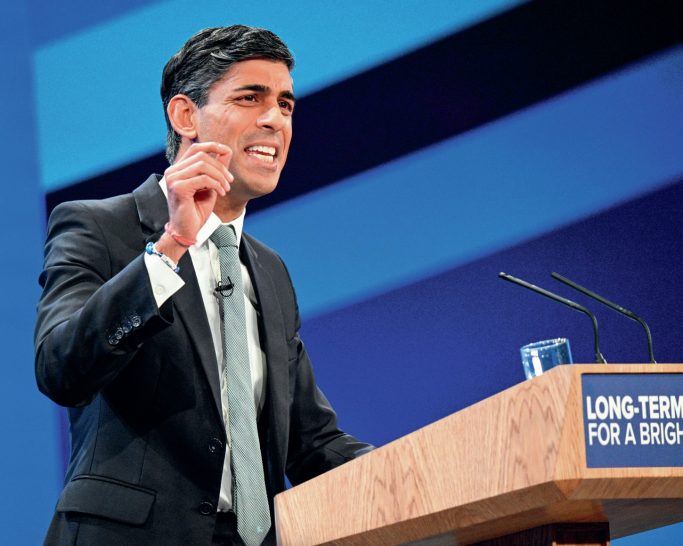
On ‘Super Thursday’, 5 May 2016, elections took place across the UK. The Scottish Parliament elected 129 MSPs, the Northern Ireland Assembly elected 108 MLAs and the Welsh Assembly elected 60 AMs. In addition, there were London mayor and assembly elections taking place, local council elections across 124 local authorities and the election of 41 police and crime commissioners in England and Wales. The local elections, where 2,750 seats were available, were seen as Corbyn’s first substantial electoral test. Labour was also hoping to oust the Conservatives from controlling the London mayor and stop Ruth Davidson from leading the Conservatives to second place behind the SNP in Scotland. So how did the parties fare?
As expected, Labour candidate Sadiq Khan became London mayor after winning 56.8% of the vote to Conservative candidate Zac Goldsmith’s 43.2% (Figure 1). Sadiq Khan became the first Muslim mayor of a major Western capital city. He looks set to challenge Jeremy Corbyn, offering the moderates in the Labour Party an alternative power centre, after receiving 1,310,143 votes (after the second votes were counted). This gives him the largest personal mandate of any elected politician in British history.
Your organisation does not have access to this article.
Sign up today to give your students the edge they need to achieve their best grades with subject expertise
Subscribe




